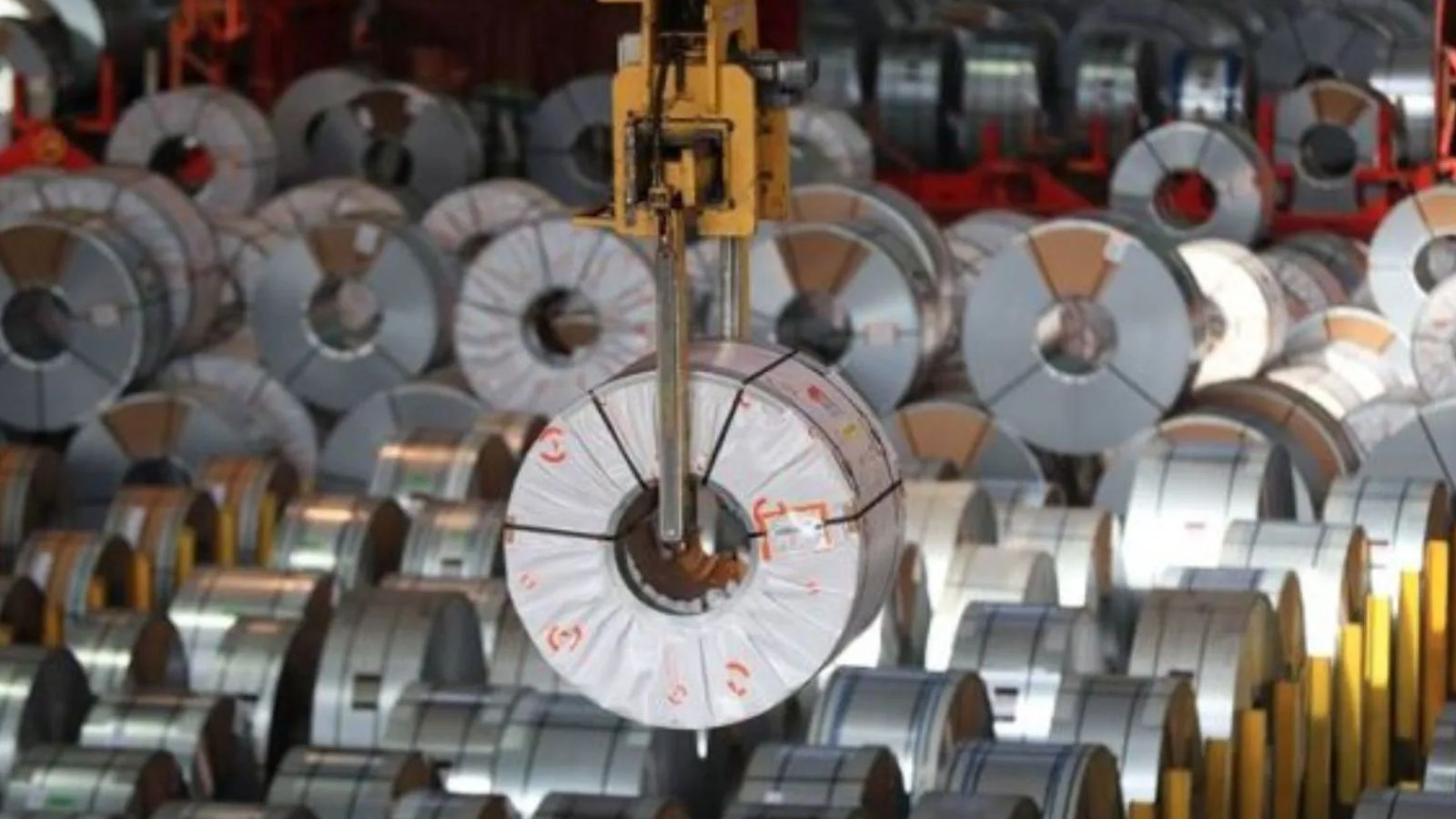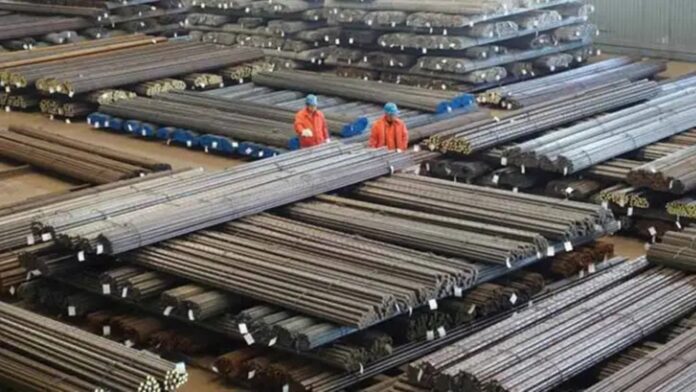Pankaj Chadha, Chairman of the Engineering Export Promotion Council (EEPC) of India, has raised concerns over the government’s plans to increase duties on steel imports, highlighting the potential adverse impact on Micro, Small, and Medium Enterprises (MSMEs). While large steel manufacturers enjoy robust balance sheets, Chadha warns that the precarious financial state of 8 lakh MSMEs could worsen if policies favoring steel producers come at the cost of downstream industries.
A 25% Duty Hike: A Threat to MSMEs?
The Ministry of Steel has proposed a 25% increase in import duty to shield domestic manufacturers from an influx of steel imports, primarily from China and Free Trade Agreement (FTA) partner countries. However, Chadha believes such a move could have a detrimental impact on small industries.

“MSMEs are not being included in ongoing consultations addressing trade-related issues in the steel industry. A duty hike will harm the downstream industry. If protection is extended to steel producers, MSMEs must also be safeguarded. Leaving 8 lakh MSMEs unsupported while protecting large manufacturers is not sustainable,” he said.
Chadha stressed that while large steel manufacturers have reported robust financial performance, MSMEs are struggling. MSMEs form a significant part of EEPC, contributing 50% of its export value and making up 60% of its membership base.
Challenges Faced by MSMEs
The proposed duty hike could exacerbate existing challenges for MSMEs, including rising input costs and competition from international players. “How will MSMEs compete globally if steel prices soar due to import restrictions? While addressing the needs of the steel sector is important, it cannot come at the expense of other industries,” Chadha added.
Highlighting inefficiencies, he pointed to delays in issuing no-objection certificates (NOCs) for Japanese steel shipments. “These products are unavailable in India, yet they’ve been stuck at ports for three months. This inefficiency hurts industries relying on imported steel not produced domestically.”
Are Steel Imports Really a Threat?
A report by the Global Trade Research Initiative (GTRI) offers a counter-narrative to the Ministry of Steel’s concerns. The report argues that India’s steel imports are “neither excessive nor unwarranted.” According to GTRI, 50% of imports consist of critical raw materials required for domestic production, while 40% are specialised items that India cannot produce in sufficient quantities.
“Restrictive import policies stifle industrial growth. The Steel Ministry’s inefficient processes exemplify broader challenges within India’s business environment. High-level intervention is urgently needed to streamline procedures and ensure a balanced approach to growth,” the report stated.
A Call for Fair Competition
Ajay Srivastava, a former trade officer and head of GTRI, also weighed in on the issue, suggesting that large steel producers have already benefited significantly from protective policies. “Despite claims of hardship, these companies have thrived, with domestic stainless steel prices 25–30% higher than comparable imported steel in certain thicknesses, even after accounting for duties,” he said.
Srivastava criticised monopolistic practices among large steel firms, which he said prioritise their downstream ventures over broader industry needs. “This behaviour has forced many small businesses to shut down. The Competition Commission of India (CCI) should investigate such monopolistic tendencies, especially given the record profits reported by major players in recent years.”
The Need for a Balanced Policy
The debate around import duties on steel underscores a broader issue of balancing the interests of various stakeholders. While large steel producers may benefit from increased duties, downstream industries like MSMEs could suffer from rising input costs, ultimately affecting their competitiveness in both domestic and global markets.

As Chadha emphasized, “Protection cannot be one-sided. The government must ensure that policies support both steel producers and the MSMEs that form the backbone of India’s industrial ecosystem.”
With 8 lakh MSMEs hanging in the balance, the government faces the challenge of crafting policies that promote growth while preventing unintended harm to critical sectors of the economy.


